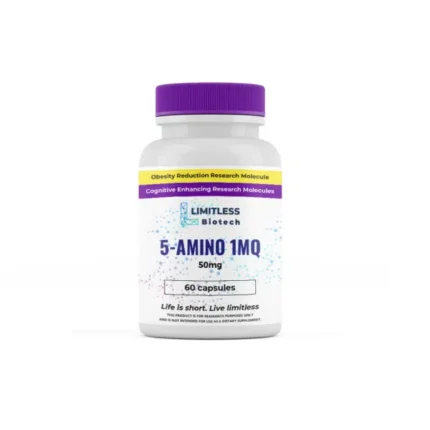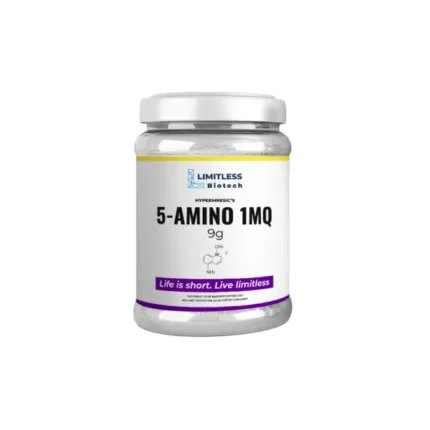Research
PE-22-28 Fact Sheet
| Molecular formula: | C35H55N11O9 |
| Molecular weight: |
773.9 g/mol
|
| Purity: | 99%+ |
| Research Applications: |
|
PE-22-28 Research
PE-22-28 is a synthetic derivative of the naturally occurring peptide Spadin, which binds to TREK-1, a protein found in areas of the brain that control mood, memory, and learning. It is being investigated for its potential benefits in treating depression, improving memory and learning, aiding stroke recovery, and potentially combating neurodegenerative diseases such as Alzheimer’s.
PE-22-28 and Treatment of Depression
PE-22-28 has shown promising results in the treatment of depression. The peptide specifically blocks the TREK-1 channel, a mechanism that has been linked to antidepressant activity. In comparison to spadin, PE-22-28 has demonstrated better specificity and affinity for the TREK-1 channel, with an IC50 (half maximal inhibitory concentration) of 0.12 nM versus 40-60 nM for spadin.
In behavioral models of depression, such as the forced swimming test, mice treated with PE-22-28 showed a significant reduction in immobility time, indicating an antidepressant effect. Furthermore, PE-22-28 was found to have improved in vivo stability and bioavailability compared to spadin, maintaining its activity for up to 23 hours instead of 7 hours [R].
PE-22-28 Stimulates Neurogenesis and Synaptogenesis
PE-22-28 has been found to stimulate neurogenesis and synaptogenesis, processes crucial for the formation and functioning of neural networks. In a study, PE-22-28 and its analogs were able to induce neurogenesis after only a 4-day treatment. On mouse cortical neurons, PE-22-28 and its derivatives enhanced synaptogenesis, as measured by the increase of PSD-95 expression level, a protein critical for synaptic maturation and function. This suggests that PE-22-28 could potentially be used to promote the formation and strengthening of neural connections [R].
PE-22-28 and Post-Stroke Recovery
Research presented in 2018 and published the following year demonstrated that chronic treatment with PE-22-28 improved post-stroke recovery for months after the ischemia. Treated mice showed a significant reduction in immobility time in the Forced Swimming Test, and the latency to eat in the Novelty Suppressed Feeding test was also reduced. This suggests that PE-22-28 may prove effective in future trials exploring the treatment of post-stroke depression [R].
PE-22-28 May Improve Muscle Function
Research suggests that PE-22-28 may promote muscle relaxation. TREK-1, a receptor that PE-22-28 binds to, plays a vital role in a muscle’s ability to respond to mechanical stimulation. In particular, TREK-1 blockade appears to increase contractility in muscle tissue, while activation of the channel appears to promote muscle relaxation [R].
Legal Disclaimer
This product is sold as a pure compound for research purposes only and is not meant for use as a dietary supplement. Please refer to our terms and conditions prior to purchase.
Safety Information: Keep this product out of the reach of children. This material has limited research available about it and may result in adverse effects if improperly handled or consumed. This product is not a dietary supplement, but a pure substance, sold as a raw material. We attest exclusively to the quality, purity and description of the materials we provide. This product is for use and handling only by persons with the knowledge and equipment to safely handle this material. You agree to indemnify us for any adverse effects that may arise from improper handling and/or consumption of this product.
The articles and information on products that may be found on this website are provided exclusively for the purposes of providing information and education. These items are not pharmaceuticals or medications, and the Food and Drug Administration has not given permission for the treatment or prevention of any disease, medical condition, or ailment using them.






















Reviews
There are no reviews yet.